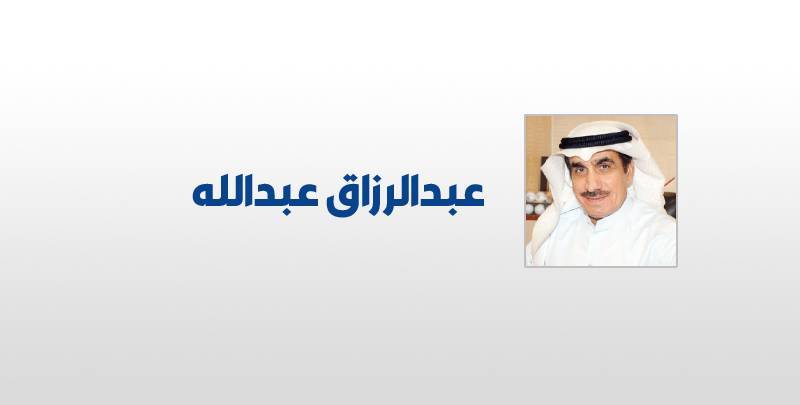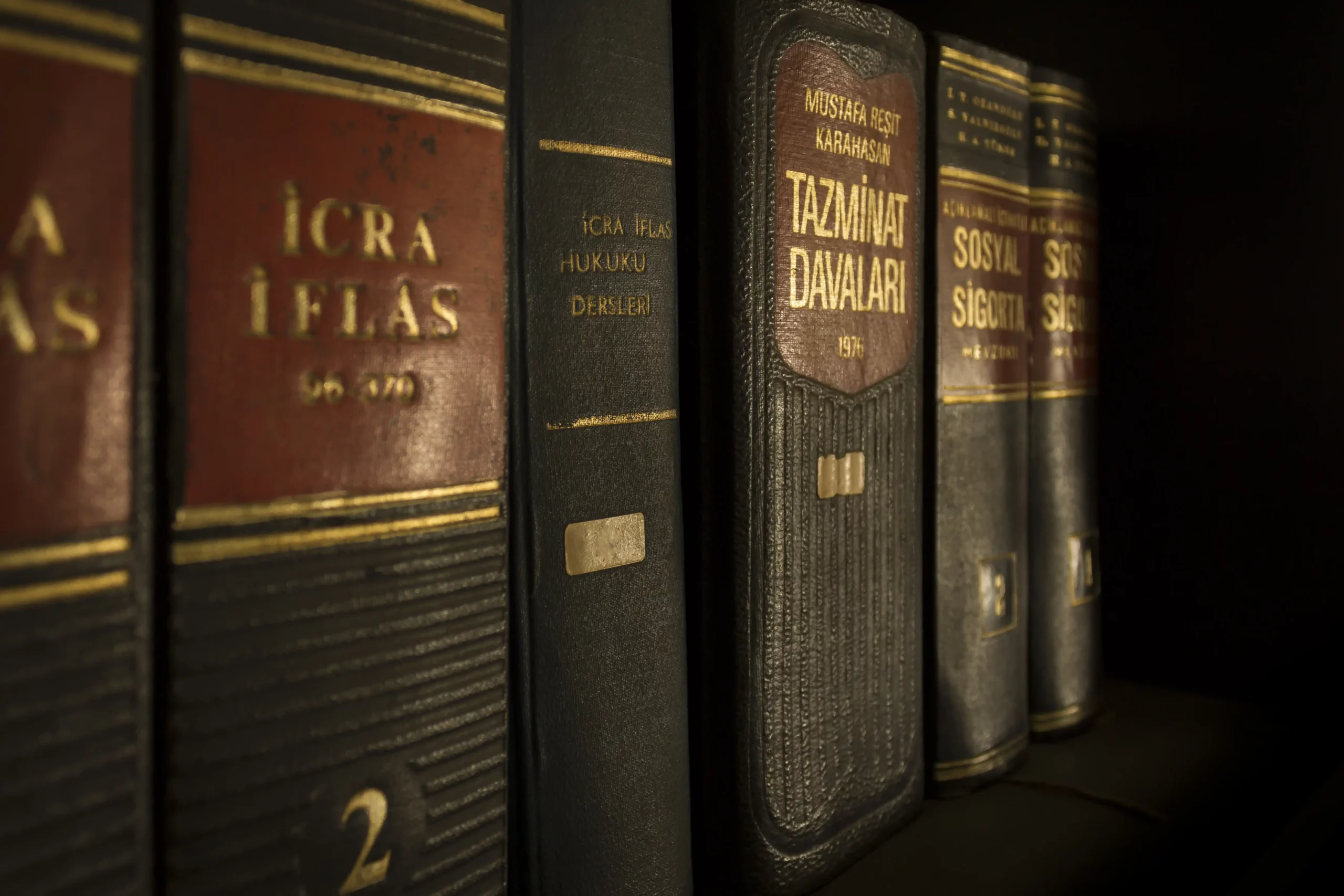
ARTICLES & UPDATES
KEEP IN TOUCH

Prevention of Money Laundering in Kuwait and Its Governing Law: A Comprehensive Overview
Introduction
Money laundering poses a significant threat to the global financial system, enabling criminal activities and undermining the integrity of financial institutions. In response to this challenge, Kuwait enacted Law No. 106 of 2013 to combat money laundering and the financing of terrorism. This legislation establishes a robust framework for preventing and detecting illicit financial activities within the country.
Definition of Money Laundering
Money laundering involves the process of concealing the origins of illegally obtained funds to make them appear legitimate. It typically occurs in three stages:
Placement: The initial introduction of illicit funds into the financial system.
Layering: Complex transactions designed to obscure the source of funds.
Integration: The integration of laundered funds into legitimate economic activities.
Regulatory Bodies
Effective implementation and oversight of anti-money laundering (AML) measures in Kuwait involve several key regulatory bodies:
A. Central Bank of Kuwait (CBK)
The CBK plays a central role in supervising financial institutions operating within Kuwait. Its responsibilities include:
Supervision: Ensuring compliance with AML regulations by banks, investment companies, and other financial entities.
Reporting: Requiring financial institutions to report suspicious transactions promptly.
Guidance: Issuing guidelines and directives to enhance AML practices.
B. Financial Intelligence Unit (FIU)
The FIU serves as the national centre for collecting, analysing, and disseminating information related to suspicious transactions. Key functions include:
Analysis: Examining transaction data to identify patterns indicative of money laundering or terrorist financing.
Information Sharing: Collaborating with law enforcement agencies, regulatory bodies, and international counterparts.
Reporting: Receiving and investigating suspicious transaction reports from financial institutions.
C. Ministry of Commerce and Industry (MOCI)
The MOCI oversees non-financial businesses and professions (NFBPs) to prevent money laundering. NFBPs include:
Real Estate Agents: Ensuring that real estate transactions adhere to AML requirements.
Dealers in Precious Metals and Stones: Regulating transactions involving valuable commodities.
Other Designated Sectors: Monitoring various sectors susceptible to money laundering risks.
Article-Wise Breakdown
Article 1: Provides definitions for crucial terms used in the law, such as funds, person, transaction, financial institution, etc.
Article 2: Defines money laundering offences, including actions like converting, transferring, or disguising the proceeds of crime.
Article 3: Outlines terrorism financing offences, including providing funds for terrorist acts or organizations.
Article 4: Mandates risk assessment and due diligence for financial institutions and designated non-financial businesses.
Article 5: Requires customer due diligence, verification of identity, and monitoring of transactions by financial institutions.
Article 6: Extends provisions of due diligence to real estate transactions.
Article 8: Prohibits shell banks from operating in Kuwait and restricts dealings with them.
Article 9: Sets requirements for obtaining and retaining information in wire transfers.
Article 10: Mandates compliance measures, including internal policies, training programs, audits, and designated compliance officers.
Article 11: Requires the maintenance of records for due diligence processes, transactions, and risk assessments.
Article 12: Obliges reporting of suspected transactions related to money laundering or terrorism financing.
Article 13: Specifies restrictions on disclosing reported transaction information.
Article 16: Establishes the Kuwait Financial Intelligence Unit (FIU) responsible for receiving, analyzing, and sharing information related to financial crimes.
Article 17: Grants the FIU authority to identify high-risk countries and prescribe measures, with supervisory authorities responsible for ensuring compliance.
Article 19: Details reporting and notification responsibilities of the FIU.
Article 20: Requires disclosure of currency and bearer negotiable instruments when entering or leaving Kuwait.
Article 27: Specifies sanctions for offences outlined in the law.
Article 28: Prescribes penalties for money laundering offences, including imprisonment, fines, and confiscation of funds.
Article 29: Prescribes penalties for terrorism financing offences, including imprisonment, fines, and confiscation of funds.
Article 30: Allows for increased penalties under certain circumstances
Actions to Combat Money Laundering
A. Risk Assessment
Customer Due Diligence (CDD): Conduct thorough background checks on customers to assess their risk level and identify potential red flags.
Sector-Specific Risks: Recognize industry-specific vulnerabilities and tailor risk mitigation strategies accordingly.
Ongoing Monitoring: Implement continuous monitoring mechanisms to adapt to evolving risks and ensure compliance with regulatory requirements.
B. Training and Awareness
Scenario-Based Training: Simulate real-life scenarios to train employees on identifying and responding to suspicious activities effectively.
Compliance Culture: Foster a culture of compliance throughout the organization by encouraging open communication and accountability at all levels.
C. Technological Solutions
Data Analytics: Utilize data analytics tools to analyze large volumes of data and identify patterns indicative of potential money laundering.
Artificial Intelligence (AI): Harness AI-driven solutions to enhance the accuracy and efficiency of transaction monitoring and risk assessment processes.
Blockchain Technology: Explore the use of blockchain technology for enhanced transparency and traceability of financial transactions, reducing the risk of money laundering activities going undetected.
Conclusion
In conclusion, Law No. 106 of 2013 underscores Kuwait’s commitment to combating money laundering and protecting its financial system. By adhering to its provisions and under the vigilant oversight of regulatory authorities such as the Central Bank of Kuwait, Kuwait contributes to global efforts to maintain financial integrity and security.
If you have any concerns or would like to learn more about this topic, don’t hesitate to reach us at info@arazzaqlaw.com or call us at +965 22449909.

